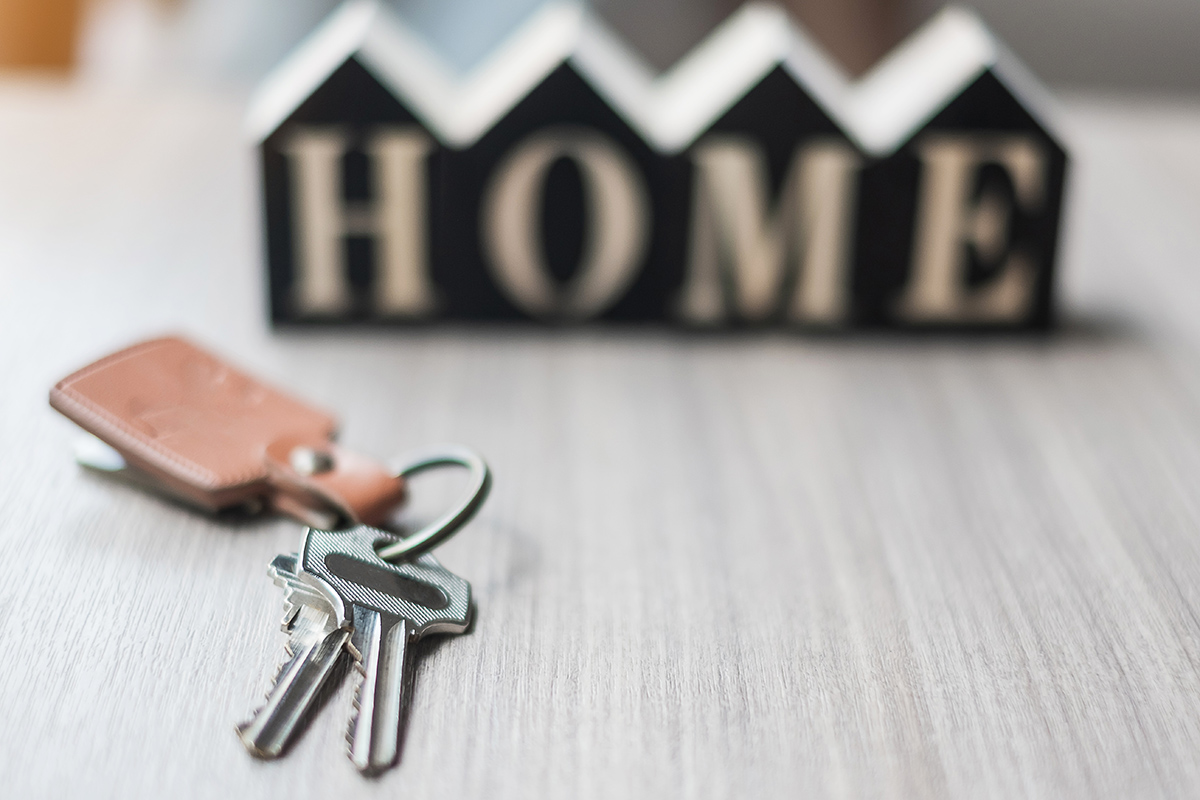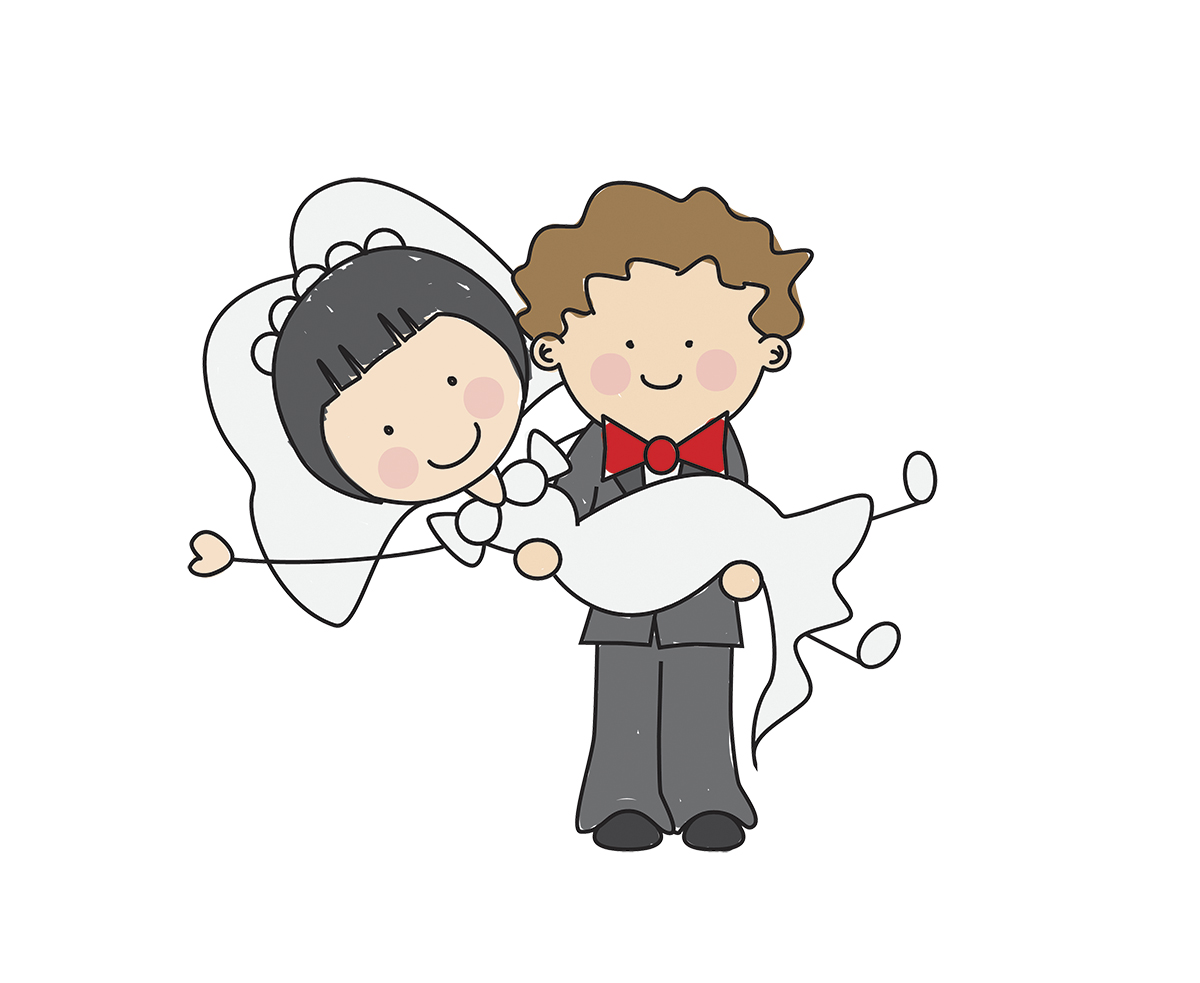WRITER | JEANINE MATLOW
In the spirit of Get Organized & Be Productive (GO) Month, an annual initiative sponsored each January by the National Association of Productivity & Organizing Professionals (NAPO), the time is right to pare down your possessions for a well-edited home. With the following tips from Amelia Pleasant Kennedy, Certified Life Coach, professional organizer, and president of the Michigan Chapter of NAPO, the task at hand becomes more manageable.
First, you’ll want to schedule a limited amount of time on the calendar (30 minutes to two hours). “Make sure you’re rested, fed, and hydrated,” says Kennedy, who owns A Pleasant Solution in Detroit. “Becoming organized is all about decision-making, and decision-making can become tiring quickly. By limiting the amount of time for the session, you’ll stay motivated and focused, and you’ll be less likely to get overwhelmed.”
Start by gathering a small number of like items, such as blouses, toiletries, or kitchen tools, from all the places they can be found around the house. Focusing on a smaller grouping or section of the home lets you make effective progress, see your results faster, and have only one type of item to assess. When working with shared spaces, be sure to include all others in the decision-making process.
Set a timer or play music if it helps you focus. Try on clothes in front of a mirror and check for stains, holes, and proper fit. Donate pieces in good condition and recycle others whenever possible. Check Earth911.com and your local city resources to see what qualifies. Some retailers such as Best Buy will recycle electronics.
Make a pile of the items you truly use, love, and want to keep. Make a separate pile for those that don’t serve a purpose or need repairs, etc. When unsure, ask yourself: Do you use it? Do you love it? Would you buy it again for full price? And most importantly, do you have space to store it?
Stop making these decisions five to ten minutes before your time is up. Place donation and recycling items in a designated, out-of-the-way space like the garage. Sorting through an entire set of items in smaller quantities will give you more satisfaction than running out of time and leaving an unfinished mess with bigger projects.
Put like items you plan to keep in clear bins and label the containers. Knowing what you own will prevent overbuying in the future. Always measure your space before you invest in organizing products by checking the length, width, depth, or height. “Once you find a container that you like, use it everywhere ― fridge, pantry, under the sink, closet, and so on,” Kennedy says.
Instead of setting one resolution that may seem overwhelming, she suggests breaking your goals down by month. Choose one area of the home to declutter, such as the main closet in January and the bathroom in February. Set aside one hour per week to sort through the designated area and set small, concrete goals. As the process becomes easier, you’ll gain momentum and speed.
Beginning with a single drawer, plastic tub, or closet can be the best strategy, especially if you haven’t made decisions or decluttered in a while. Start where you’ll find the most success and reward in the shortest amount of time. You’ll be much more likely to return to the task if you felt accomplished with your previous effort.
When tackling highly cluttered spaces (basements, garages, attics), ignore the big picture. Instead, focus on one set of items at a time. Be sure to reward yourself with praise and acknowledge your effort when you’ve completed one bin, one box, or one hour. “That’s progress,” she says.
“Each and every item you own will one day need to leave your house. Recognize that you’re signing an ‘invisible contract’ with every item you buy or accept for free. By allowing it into your home, you’re committing to being responsible for disposing of it one day.”
As Kennedy explains, professional organizers in the NAPO community abide by a strict code of ethics, and all sessions are confidential. “Many clients hesitate to reach out for support for fear of being judged. We’re trained to separate the client from the items that they own, and we know that what you own is not who you are,” she says. “We see your home as a puzzle to be solved. Our job is to help you decide what is most meaningful in your life so that you have more time to spend with those you love.”
APleasantSolution.com
NAPO.net
Earth911.com








